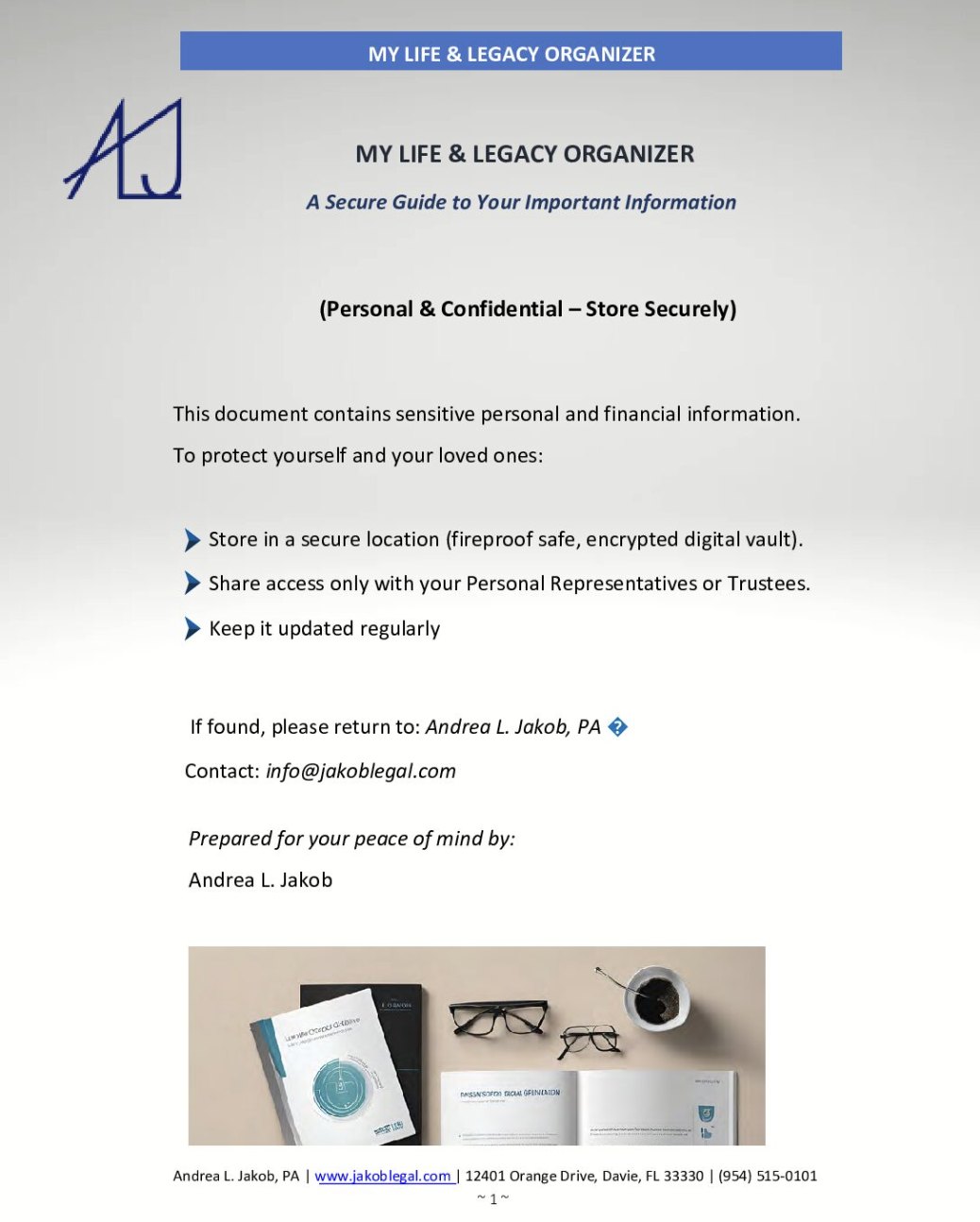[This article was originally published 8/31/2007]
Wills can be powerful instruments, as the will of Leona Helmsley makes clear.
The hotelier and real estate mogul became a symbol of 1980s greed and was given the nickname ”the Queen of Mean” after revelations of her tyrannical treatment of employees came to light during her 1988 trial on tax evasion charges. A housekeeper testified that she heard Helmsley say, ”Only the little people pay taxes.” Helmsley was convicted and served 19 months in prison and recently died at age 87 with an estimated $4 billion estate.
Among the provisions in Helmsley’s will:
Two of her grandchildren are to receive $10 million each, but they will lose half of that if they fail to visit their father’s grave at least once a year. They must sign a guest registry at the tomb to prove they were there.
Helmsley’s other two grandchildren received nothing under the will “for reasons which are known to them.” (According to Wikipedia, “It has been alleged that these ‘reasons’ were a failure to name any of their children after her late husband,” Harry Helmsley.
Her $1.4 million mausoleum must be ‘acid-washed or steam-cleaned’ once a year, and $3 million was set aside for this.
Helmsley ordered that her beloved 8-year-old Maltese, Trouble, be buried with her upon the dog’s demise. Unfortunately, New York state has already nixed this provision because state law prohibits animals from being buried in cemeteries for humans.
But Trouble, who appeared in ads for the Helmsley Hotels and lived up to her name by allegedly biting a housekeeper repeatedly, nevertheless was the will’s big winner, receiving a $12 million trust fund. (By comparison, Helmsley’s chauffeur received a mere $100,000.)
Legal commentators have said that the bequest to Trouble is the most likely provision to spell trouble for the estate. According to an article in Slatemagazine, if Helmsley provided for Trouble under a “statutory pet trust,” it could be challenged in New York if it “substantially exceeds the amount required for the intended use.” (Maltese typically live 15 years or more.) Courts would be less likely to reduce the canine’s windfall if Helmsley set up a traditional pet trust. We don’t know which type of trust it was because trusts, unlike wills, are not public documents.
In any case, if some of the $12 million were to be diverted from cans of premium dog food and pricey toys to gnaw on, it would likely be go to Helmsley’s charitable trust, which received the bulk of her estate, approximately $2.5 billion. Helmsley established the trust in 1999 to benefit religious or educational causes, groups that work to protect children and other charities.
The disinherited grandchildren could challenge the will on the grounds that Helmsley lacked the capacity to execute it when she did in 2005, although the chances of success appear doubtful.
Another potentially problematic provision of the will is that it names no fewer than five individuals as as Executors/Trustees -‘“ Helmsley’s brother, her lawyer, her two grandsons, and a friend.
“Imagine the fees’”and the disputes sure to arise among them on any number of issues,” wrote Pennsylvania estate planning attorney Charles Goerth in his blog (no longer available). “That’s why I recommend against naming joint Executors or Trustees. The theory is, this will avoid argument. It doesn’t, but rather promotes disagreements, I have found.”
To read Leona Helmsley’s will, click here.
For a legal analysis of the will by Prof. Gerry Beyer, editor of the Wills, Trusts and Estates Prof Blog, click here
For more on making a pet a part of an estate plan, click here.
For the article in Slate magazine, click here.http://www.slate.com/id/2173103/

